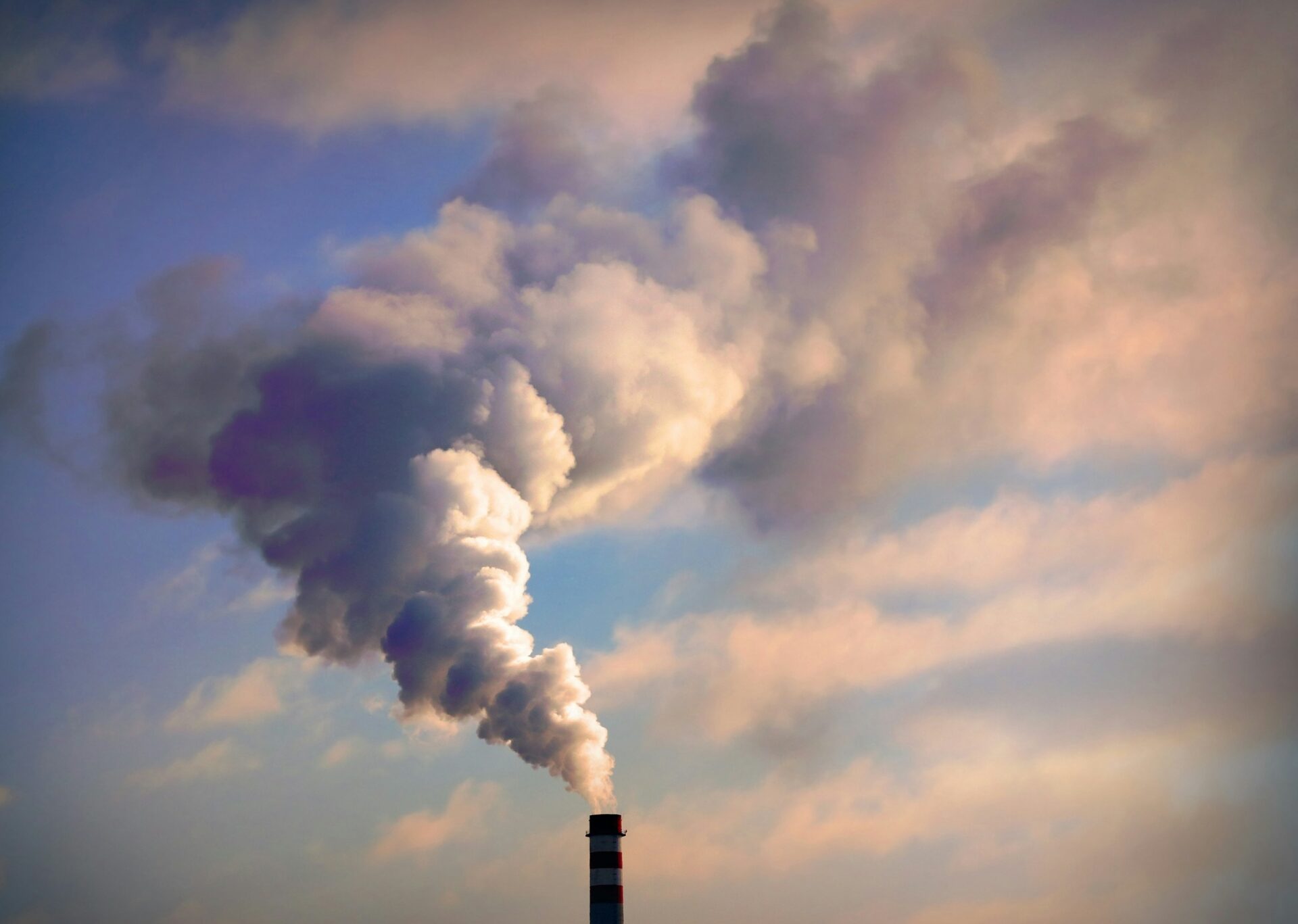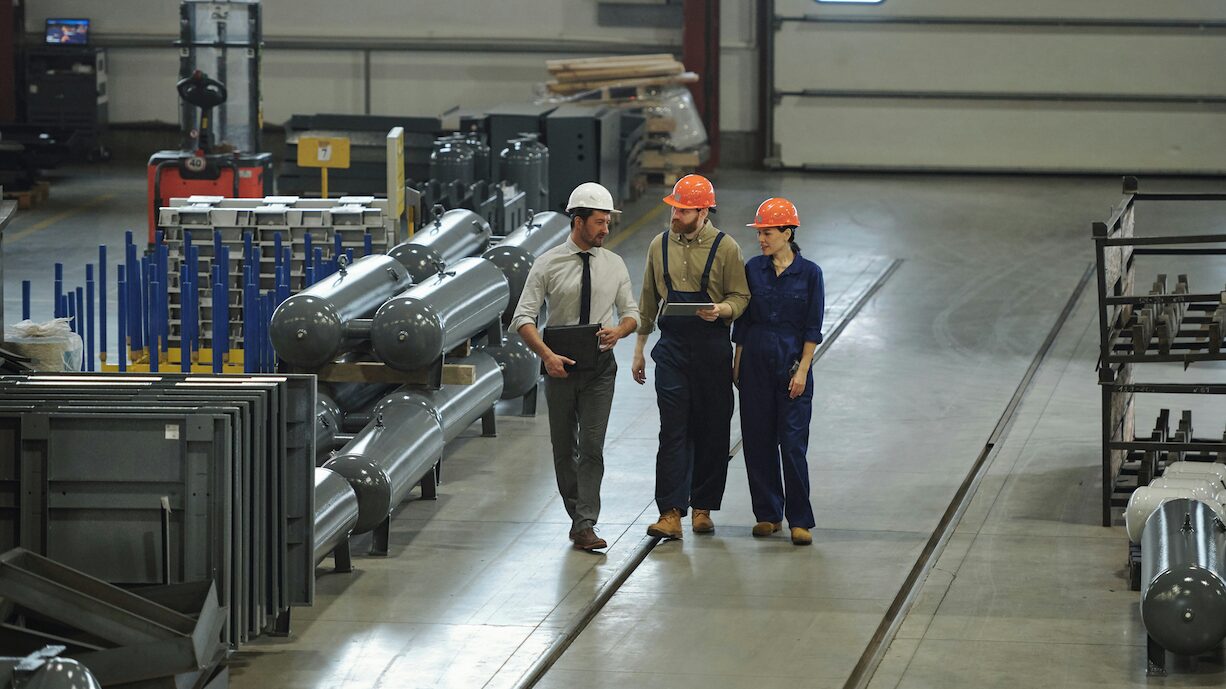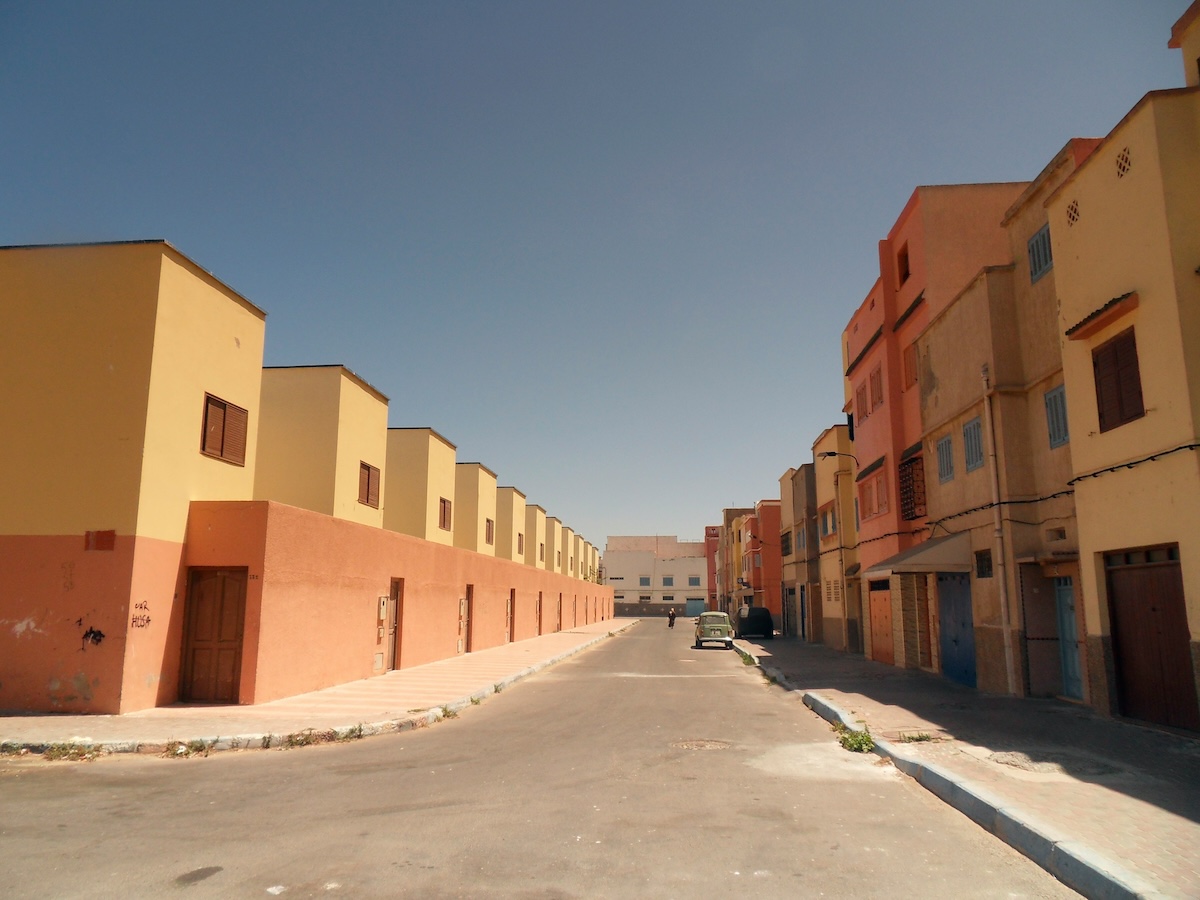
Energy transition in the Maghreb: a path towards Net Zero and the role of nuclear energy
The Maghreb region, consisting of Morocco, Tunisia, Algeria, and their neighbouring countries, Libya and Mauritania, is embracing its energy transition and undergoing significant changes in its approach to energy production and consumption. As the global push towards decarbonization intensifies, the Maghreb is making strides in adopting renewable energy sources, enhancing energy infrastructure, and exploring new technologies to reduce carbon emissions.
However, the role of nuclear energy in this transformation is gradually emerging as a key component in achieving the region’s Net Zero goals.
Morocco’s leadership in the energy transition
Morocco stands out as the regional leader in renewable energy and its energy transition, topping the Maghreb countries in the 2024 Global Energy Transition Index. The country has set ambitious goals to increase renewable energy’s share of electricity production to 52% by 2030, largely driven by solar, wind, and hydroelectric projects. Morocco’s focus on renewable energy has already resulted in a significant reduction in fossil fuel dependence, with coal usage declining from 70% to 64.46% over the last year.
Beyond renewable energy, Morocco is charting its path toward becoming a peaceful nuclear power, as recognized by the International Atomic Energy Agency (IAEA). With considerable reserves of uranium extracted from its phosphate deposits, Morocco has laid the groundwork for a potential nuclear energy program, which could play a vital role in meeting the country’s energy needs while reducing carbon emissions. The development of nuclear energy as part of Morocco’s energy mix could complement its renewable energy ambitions, ensuring a stable and low-carbon energy supply for decades to come.
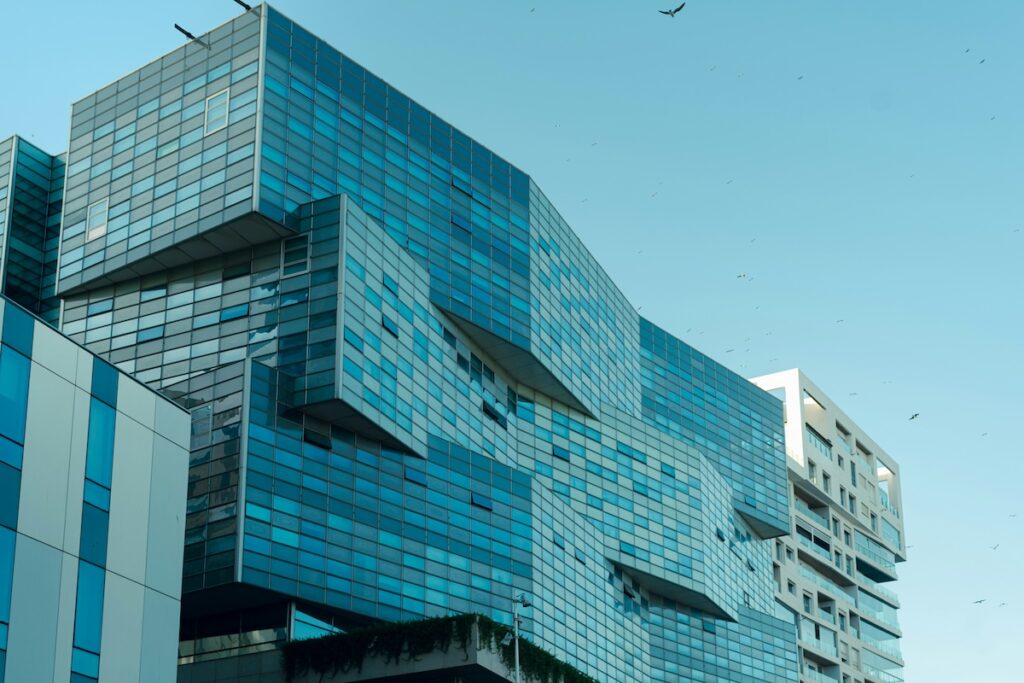
Tunisia’s role in the energy transition
Tunisia, while making progress in renewable energy, has also positioned itself as a strategic energy hub connecting North Africa and Europe. The Elmed project, a key initiative, aims to establish a power link between Tunisia and Italy, allowing for increased trade in electricity generated from renewable sources. This project highlights Tunisia’s broader energy strategy, which seeks to reduce carbon emissions by 45% by 2030 and increase the share of renewables to 35% of total consumption, up from the current 7%.
Tunisia is also making efforts to enhance its energy infrastructure, with significant investments in grid modernization and renewable energy projects. The country is encouraging both national and international investments in clean technologies, supported by international financial institutions such as the World Bank. While Tunisia currently relies heavily on fossil fuels, the integration of renewable energy and potential collaborations on nuclear energy in the future could accelerate its energy transition.
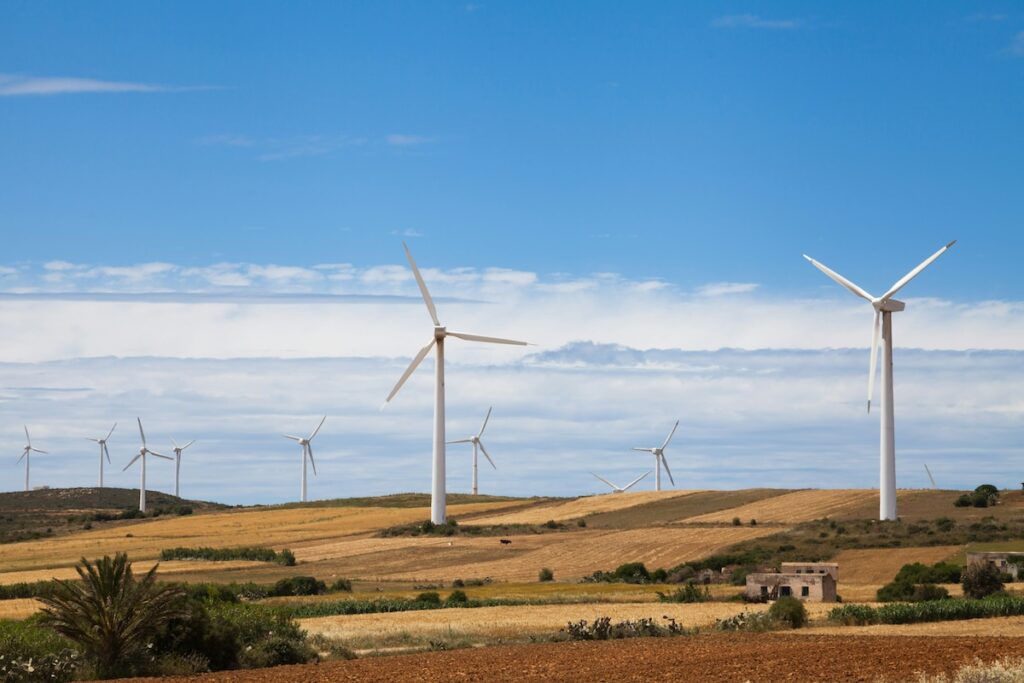
Algeria’s ambitions beyond hydrocarbons
Algeria, long known for its hydrocarbon wealth, is now exploring ways to diversify its energy sector. With its expertise in natural gas production, Algeria is positioning itself as a key player in global energy markets, exporting gas turbines and energy equipment. Sonelgaz, the state-owned energy giant, is leading efforts to diversify Algeria’s energy exports, particularly in smart grids, renewable energy, and even electric vehicle charging infrastructure.
While Algeria has yet to announce plans for nuclear energy development, its long-term energy strategy emphasizes energy diversification and technological innovation. As the global energy landscape shifts towards decarbonization, Algeria’s potential role in nuclear energy could provide a clean, stable energy source that complements its renewable energy projects.
The potential of nuclear energy in the Maghreb’s Net Zero goals
As the Maghreb countries aim to meet their Net Zero targets, nuclear energy presents a viable option to support their decarbonization efforts. While renewable energy sources like wind and solar are crucial, they are intermittent and depend on favorable weather conditions. Nuclear energy, on the other hand, offers a reliable, low-carbon power source that can operate continuously, providing a stable backbone to the energy grid.
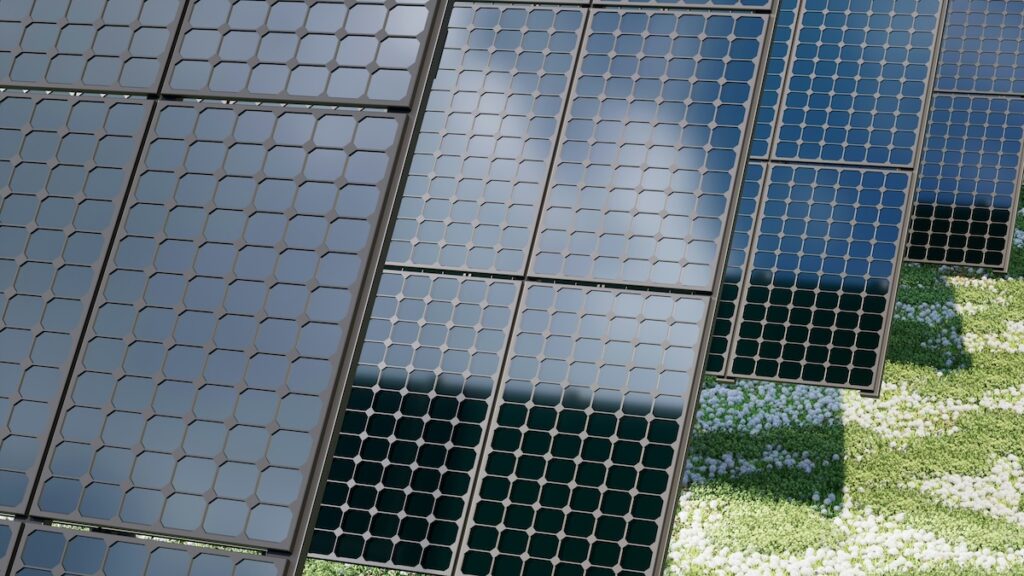
Morocco is already taking steps towards developing a nuclear energy program, with plans to build its first nuclear reactor after 2030. The peaceful use of nuclear energy could help Morocco reduce its dependence on fossil fuels, particularly in sectors such as electricity generation and seawater desalination. Additionally, nuclear energy could play a key role in addressing the region’s water scarcity by powering desalination plants, a critical need in the arid climate of the Maghreb.
For countries like Tunisia and Algeria, the integration of nuclear energy into their energy mix could enhance energy security and reduce carbon emissions. As these nations continue to modernize their energy infrastructure and increase renewable energy production, nuclear energy could serve as a complementary solution to ensure a stable, decarbonized energy future.
Nuclear energy and the future of the Maghreb’s energy transition
The Maghreb’s energy transition is a complex but essential journey towards sustainability and decarbonization. With ambitious renewable energy targets and significant investments in energy infrastructure, the region is making progress in reducing its carbon footprint. However, nuclear energy has the potential to play a crucial role in achieving Net Zero goals, providing a reliable, low-carbon energy source that complements renewable energy technologies.
As Morocco leads the charge in exploring nuclear energy, other countries in the region may soon follow, recognizing the benefits of integrating nuclear power into their energy strategies. By embracing a diverse energy mix that includes renewable and nuclear energy, Maghreb can position itself as a global leader in the fight against climate change, ensuring energy security and sustainability for future generations.


